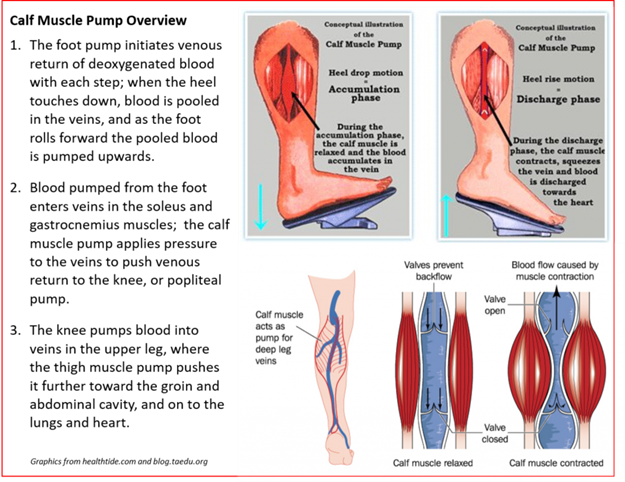What are pathogens?
Phagocytic leukocytes.
A type of antibody.
Disease-causing agents.
Agents that alter DNA base sequences.
The Correct Answer is C
Pathogens are disease-causing agents. They can be bacteria, viruses, fungi, protists, or parasitic worms.
They can infect other organisms and cause various diseases.
Choice A is wrong because phagocytic leukocytes are a type of white blood cell that can engulf and destroy pathogens.
They are part of the immune system and help fight infections.
Choice B is wrong because antibodies are proteins that can bind to specific antigens on the surface of pathogens and mark them for destruction by other immune cells.
They are also part of the immune system and help fight infections.
Choice D is wrong because agents that alter DNA base sequences are not necessarily pathogens.
They can be mutagens, such as chemicals or radiation, that can cause changes in the DNA of cells.
Some mutagens can also be carcinogens, which can cause cancer.
Nursing Test Bank
Naxlex Comprehensive Predictor Exams
Related Questions
Correct Answer is C
Explanation
It explains that the primary immune response produces antibodies within five to ten days of exposure to antigens, while the secondary immune response produces antibodies within a day or two of subsequent exposure to the same antigen.
This is because the primary immune response involves the activation and differentiation of naive B cells into plasma cells and memory cells, while the secondary immune response involves the rapid activation of memory cells into plasma cells.
Choice A is wrong because the primary and secondary immune responses can occur in both children and adults.
Choice B is wrong because the primary immune response is slower than the secondary immune response in producing antibodies.
Choice D is wrong because both primary and secondary immune responses are important for the body’s ability to protect itself from pathogens.
The primary immune response generates immunological memory, while the secondary immune response provides a faster and stronger response to repeated infections.
Correct Answer is D
Explanation

This helps prevent blood pooling and clotting in the lower extremities, which can lead to deep vein thrombosis and pulmonary embolism.
It also reduces the workload on the heart and improves blood circulation throughout the body.
Choice A is wrong because contraction of muscles does not stimulate the arteries to vasodilate, but rather causes vasoconstriction in the inactive tissues to divert blood flow to the active muscles.
Choice B is wrong because the contraction of muscles itself does not increase heart rate significantly unless it is part of an aerobic exercise that elevates the metabolic demand.
Burning calories and keeping the heart strong are benefits of regular physical activity, not occasional muscle contraction.
Choice C is wrong because contraction of the leg muscles does not stimulate baroreceptors, which are pressure-sensitive receptors located in the walls of the arteries.
Baroreceptors respond to changes in blood pressure and signal the autonomic nervous system to adjust heart rate and vascular resistance accordingly.
Contraction of the leg muscles does not affect blood pressure or heart rate directly but rather assists with venous return.
Whether you are a student looking to ace your exams or a practicing nurse seeking to enhance your expertise , our nursing education contents will empower you with the confidence and competence to make a difference in the lives of patients and become a respected leader in the healthcare field.
Visit Naxlex, invest in your future and unlock endless possibilities with our unparalleled nursing education contents today
Report Wrong Answer on the Current Question
Do you disagree with the answer? If yes, what is your expected answer? Explain.
Kindly be descriptive with the issue you are facing.
